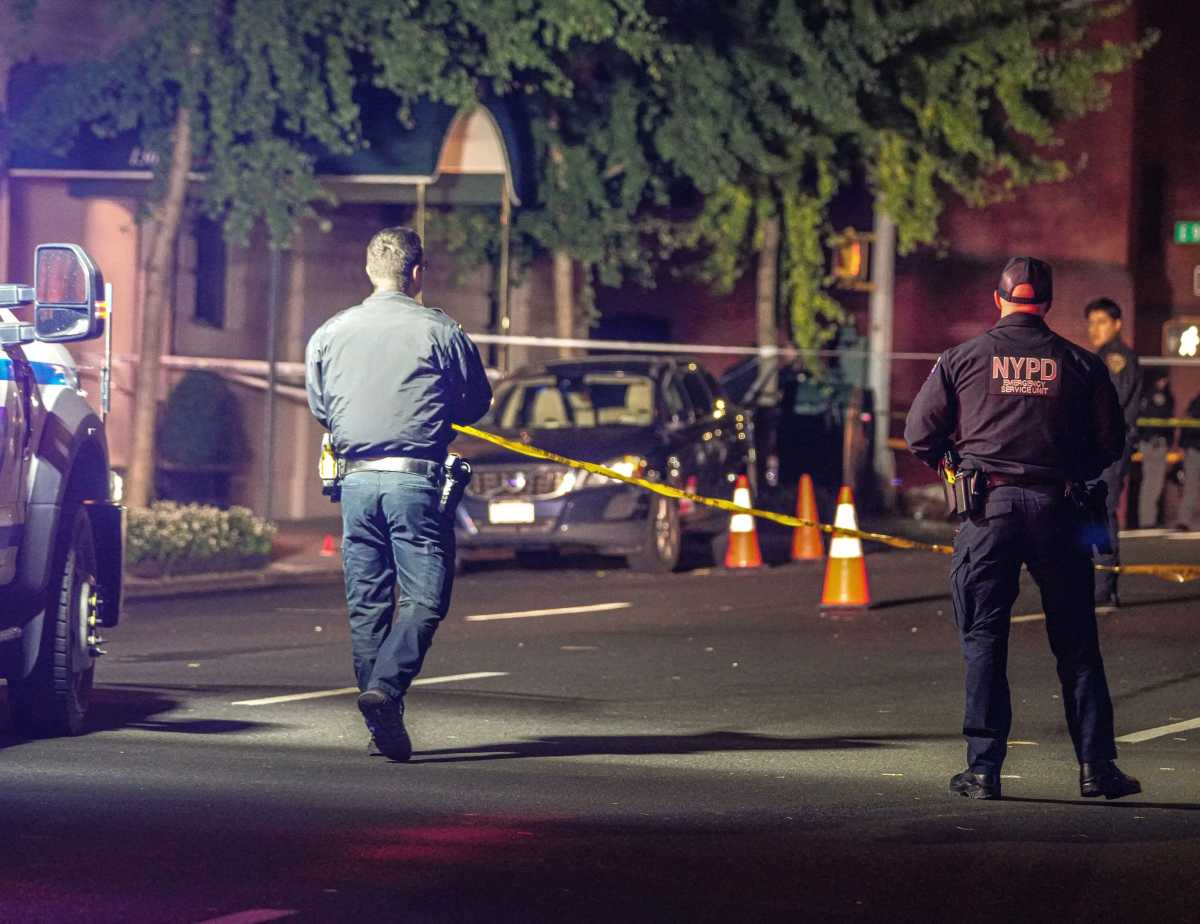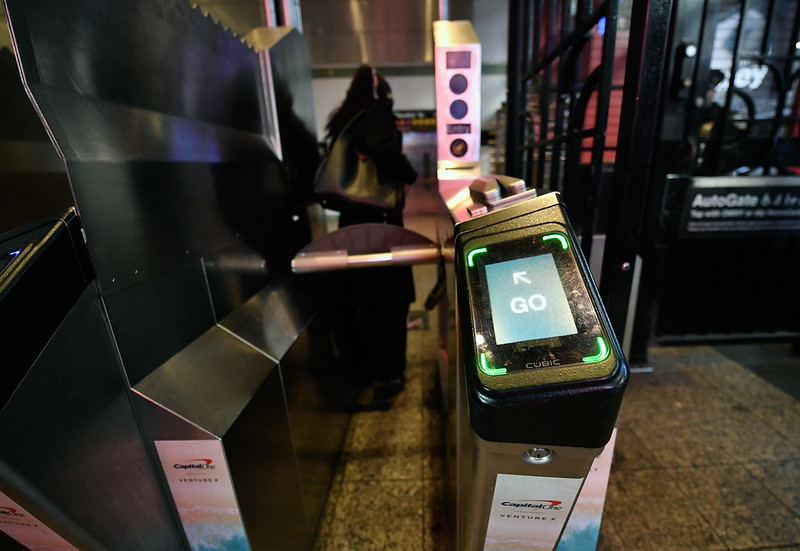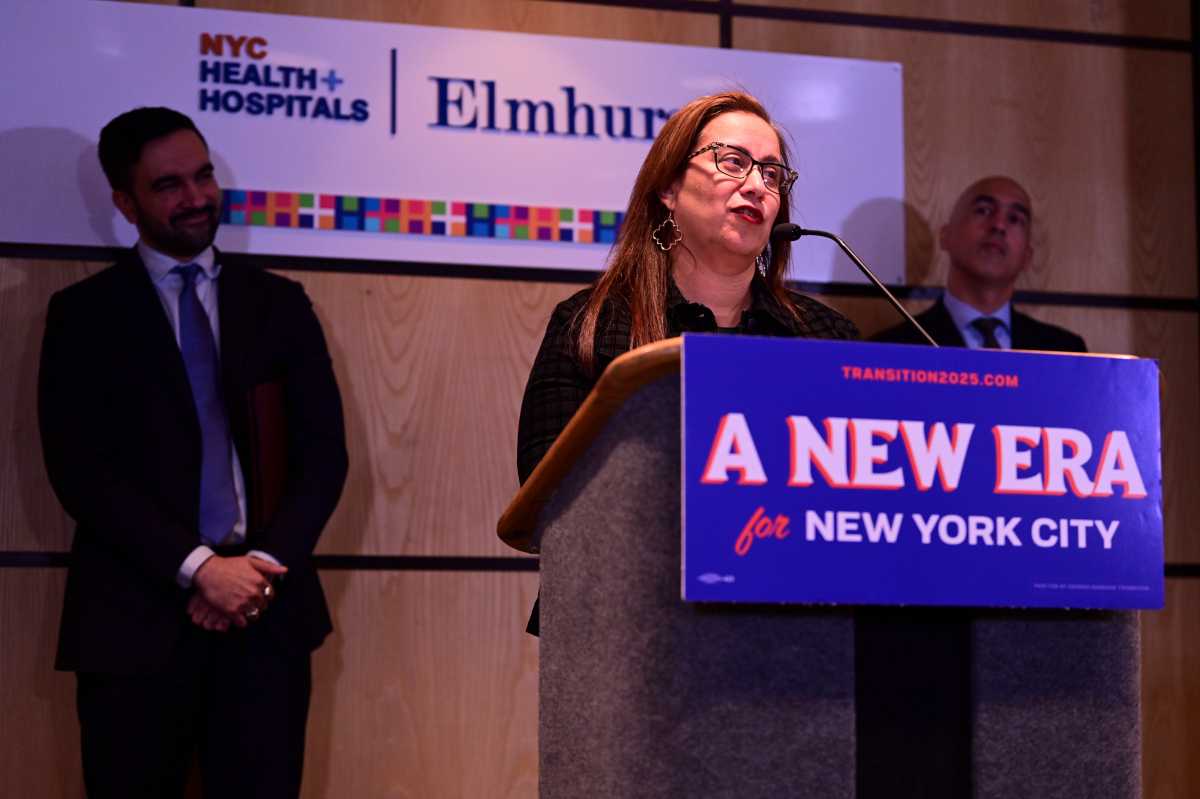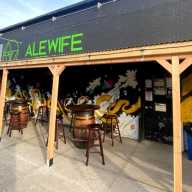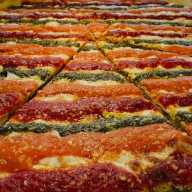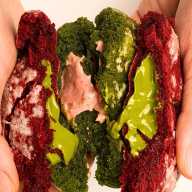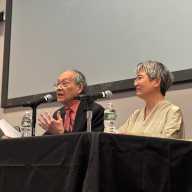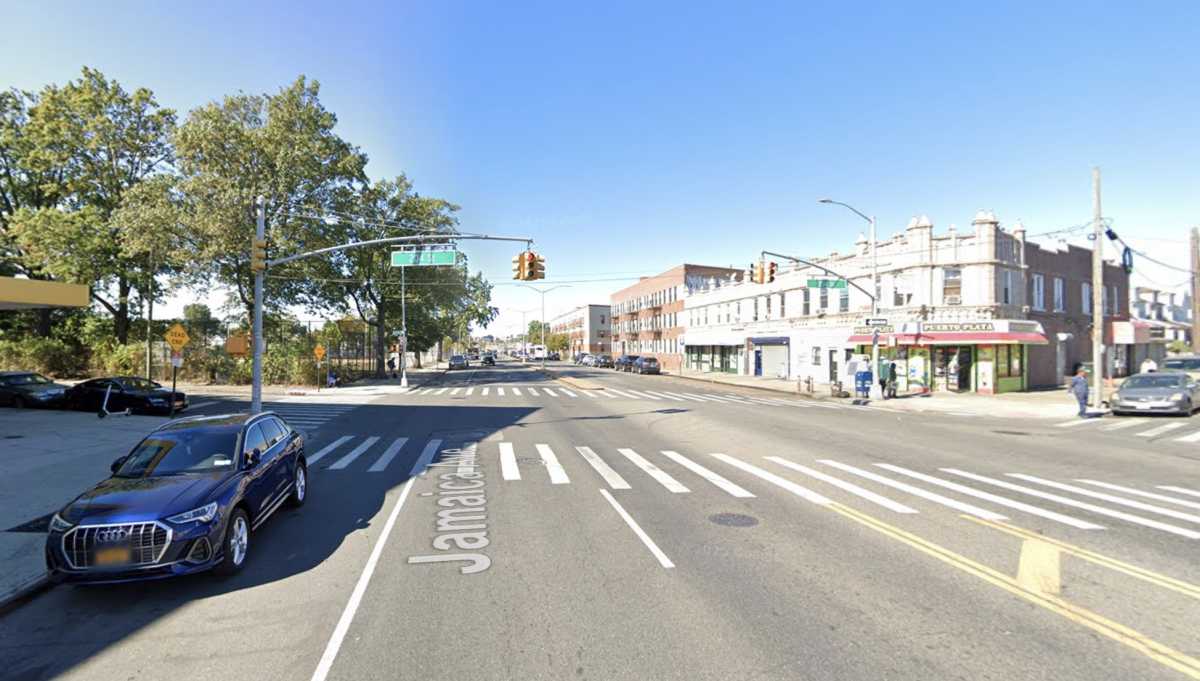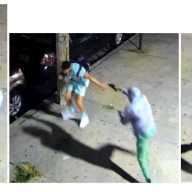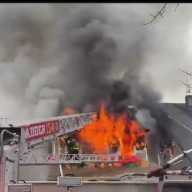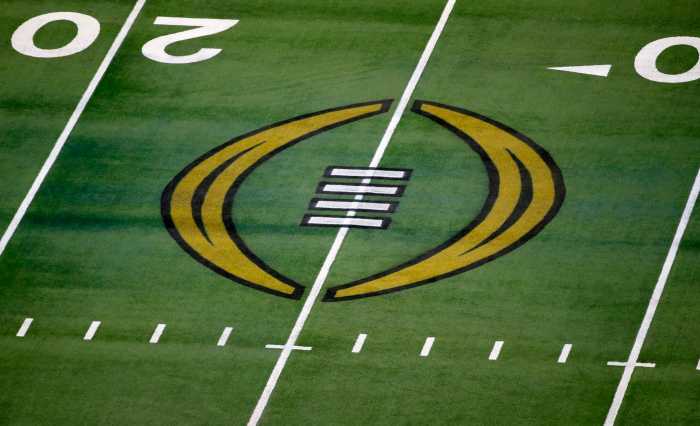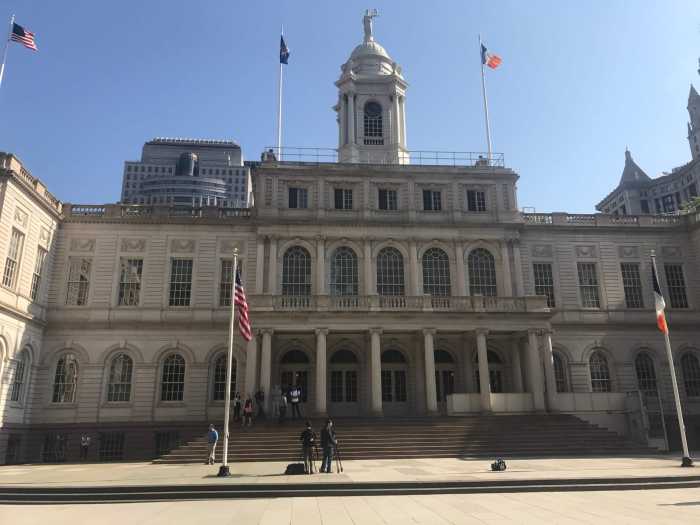Pols and parents are lining up to demand action, after a Daily News report revealed that their tests had revealed unsafe levels of a banned family of chemicals in five schools, including one in Jamaica.
The hazardous chemicals, called Polychlorinated Biphenyls (PCBs) were widely used until they were banned for most applications in the early 1970s.
In the 1960s and 1970s, 266 New York City Public Schools were either built or renovated, and the caulking around windows and doors contained PCBs, including 39 in Queens.
According to the article, nine schools were tested in February and March; PCBs were found in eight. Six of schools “contained levels of PCBs deemed unacceptable,” according to the report, including P.S. 86 in Jamaica.
City Councilmember James Gennaro, who chairs the environmental protection committee, has been demanding action since learning of the report on Monday, April 7.
At a hastily-called press conference in front of the school, which is in his district, Gennaro demanded immediate inspection of all affected schools.
“The report in today’s Daily News brings disturbing news about the possibility of our children being exposed to PCBs in the schools they attend,” Gennaro said. “What we need at this stage is reliable and thorough information,” he continued.
Of the schools which tested as having unsafe PCB levels, the lowest was nearly three times the federal limit of 50 parts per million, according to the report.
Officials at the New York City Department of Education (DOE) insist that left undisturbed, the PCB-tainted caulking is safe.
DOE spokesperson Margie Feinberg said that state regulations allow the material to remain in place until the buildings are renovated. The DOE reportedly performed its own tests in the affected schools, and only found environmental leakage of the caulking in one school.
In the school in Manhattan where PCBs were found by air and wipe tests, NYC Health Commissioner Thomas Frieden said in a letter that the findings from the independent testing show that intact caulking does not pose a risk.
Gennaro called on city, state and federal authorities to “Inspect every school that may have caulking with PCBs in it and perform any remediation that’s necessary to keep our children safe.”
The following day, Gennaro called another press conference at City Hall, where he was joined by Councilmember Robert Jackson from Manhattan and Queens Councilmembers Eric Gioia and John Liu.
At the Tuesday, April 8 conference they joined in calling on the State Senate to pass a stronger bill requiring “full environmental and community reviews of all new school sites, including leased sites like former factories,” according to Gennaro.
The issue is a particularly sore point for Gioia.
In 2003, the DOE opened The Information Technology High School which was built in his district in Long Island City, but failed to tell parents and the community that the school was sitting on land that had previously been home to a metal plating warehouse.
The DOE, which leases the school for more than $1.5 million a year, spent $20 million converting the warehouse into a high school and occupational training center for disabled students.
A pump outside the school that draws up toxic vapors from the ground and then expels them has repeatedly malfunctioned according to reports. It has been suggested that the pump may actually be drawing contaminants from neighboring industrial sites closer to the school.










